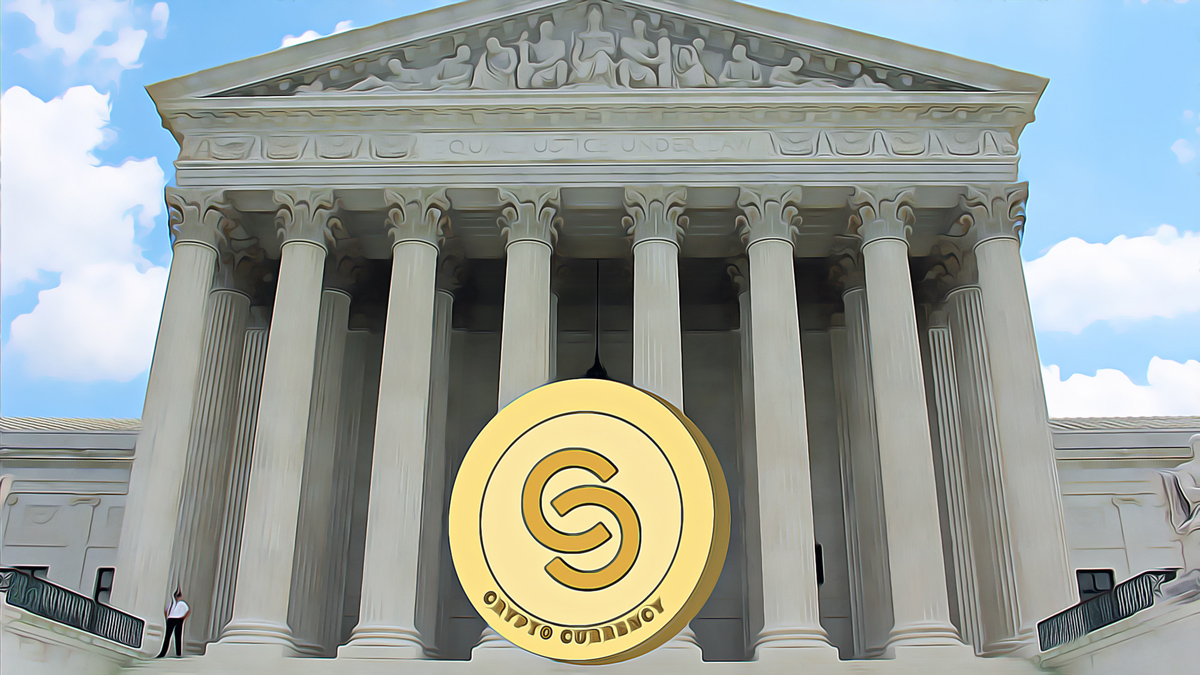South Korea‘s ruling party, the People Power Party, has indefinitely postponed proposals to ease cryptocurrency restrictions, including lifting the ban on spot Bitcoin exchange-traded funds (ETFs), according to local sources. The retreat from the party’s promises, as reported by local media outlet Chosun Biz, may be linked to difficulties in aligning with government and financial authorities on crypto policy.
Key Developments in the Process
Earlier this month, there were reports that the ruling party was preparing election pledges to delay taxing crypto profits and to allow local institutions to offer spot Bitcoin ETFs and invest directly in cryptocurrencies. It has been reported that the People Power Party, led by Representative Yoon Chang-hyun, had planned to announce a crypto asset promise last week but indefinitely postponed it, removing crypto assets from its policy priorities.
In January, the country’s financial regulator reiterated its ban by preventing financial institutions from introducing crypto ETFs, claiming that crypto assets do not comply with underlying assets as specified in the Capital Market Law. Local investors are currently facing restrictions on investing in spot crypto ETF funds, while foreign crypto futures products are accessible.

Despite the recent approval of spot Bitcoin ETF funds by the United States Securities and Exchange Commission, the Financial Services Commission of South Korea continues to exhibit a cautious stance due to perceived investment risks associated with crypto assets.
Meanwhile, the opposition Democratic Party, which is also reported to have made similar promises regarding crypto ETF funds, officially announced its crypto campaign promises last week. General elections in South Korea are expected to take place on April 10th.
South Korea and the Crypto Sector
According to a local report, the People Power Party considered proposals to delay taxation on crypto assets for two years and to allow institutional investments in crypto assets. However, these plans did not result in a commitment due to insufficient consultation with relevant ministries and concerns about potential significant losses related to institutional participation in crypto assets.
The Financial Supervisory Service (FSS), South Korea’s primary financial regulator, will seek guidance from the United States Securities and Exchange Commission regarding spot Bitcoin exchange-traded funds. FSS Chairman Lee Bok-Hyun outlined the main points of the 2024 business plan, which includes visits to major financial markets such as New York in the second quarter. Discussions on South Korea’s financial markets focusing on spot Bitcoin ETF funds are on the agenda.










